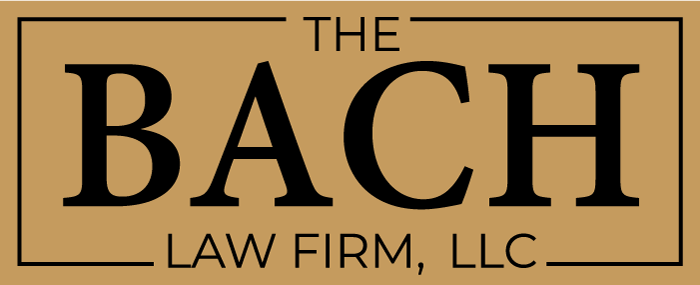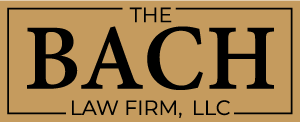The Las Vegas Global Economic Alliance reported that as of 2022, there are approximately 56,000 businesses in Las Vegas, and unfortunately, some of them commit fraud. Business fraud can have devastating effects on companies, stakeholders and the economy at large.
When deceitful practices infiltrate the business world, trust diminishes, and the overall integrity of markets can waver. Fraudsters have crafted various sophisticated schemes to deceive unsuspecting victims, and being aware of these can be the first step in safeguarding your assets and interests. Recognizing the signs of these fraudulent activities can prevent significant financial losses and protect the reputation of companies.
1. Ponzi schemes
Named after Charles Ponzi, who became notorious in the early 20th century, Ponzi schemes revolve around the promise of high returns with little to no risk. The fraudsters behind these schemes use funds from newer investors to pay returns to earlier investors. These systems inevitably collapse when the flow of new funds stops, or too many participants try to cash out their investments.
2. Embezzlement
Embezzlement occurs when someone misappropriates funds that a company entrusted to them. This type of fraud often happens within corporations where employees divert company funds for personal use. From manipulating financial records to creating phantom employees, there are numerous methods embezzlers use to deceive and steal.
3. False invoicing
With false invoicing, businesses receive invoices for goods or services they never ordered or received. Fraudsters hope that companies will overlook these false invoices and pay them without verifying.
4. Insider trading
Insider trading is when individuals trade a company’s stock based on confidential information not available to the public. These individuals might be employees or close associates who have access to important information, and they use this knowledge to make advantageous trades before the information goes public.
5. Misrepresentation in financial statements
Sometimes, companies might present false information in their financial statements to appear more attractive to investors. They might inflate their earnings, underreport liabilities or use various other deceptive practices to paint a rosier picture of their financial health.
Remember, always do your due diligence, ask questions and be skeptical if something seems too good to be true. In the world of business, knowledge is your best defense against deceit and deception. Stay informed and remain vigilant to ensure that you do not fall victim to these nefarious schemes.

